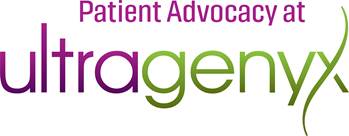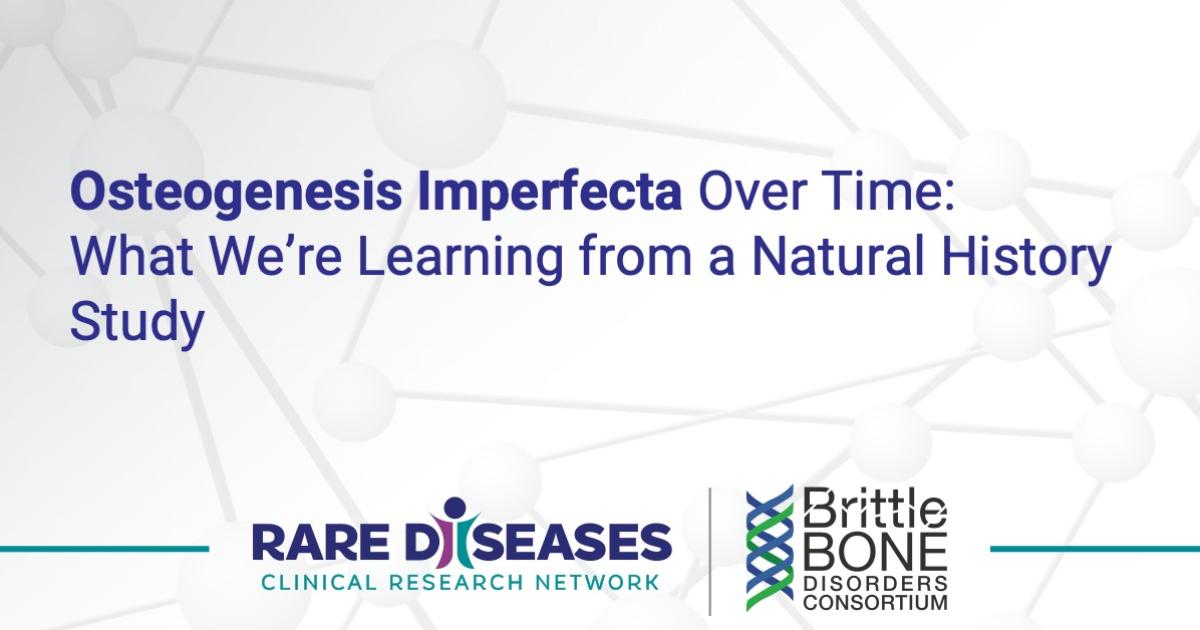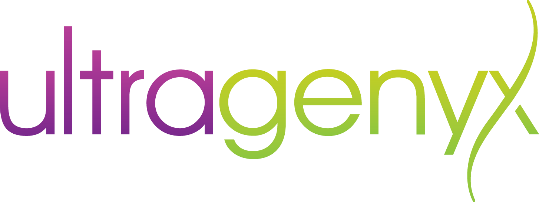Michael Geisman Fellowship Grant
The Michael Geisman Fellowship Grant program awards funding to post-doctoral trainees who are currently working on projects with clear relevance to osteogenesis imperfecta (OI), or who have projects that will enable them to develop expertise in OI research.
Applicant Requirements:
- Applicant must hold an MD, DDS, DO, or PhD, and be appointed at the level of a post-doctoral trainee, or equivalent, within an academic institution.
- Applicant should have completed their Ph.D. or clinical training within the past five (5) years.
Fellowship Guidelines:
- Michael Geisman Fellowship awards provide up to $50,000 per year. It is the intention of the OI Foundation that grant monies be used to fund actual costs related to the research being performed including Fellow salary, fringe benefits, and supplies.
- Fellowship awards are for one year; a second year of funding may be approved based upon satisfactory performance during the first year of funding.
- Research must be done under the supervision of mentor with training and experience in osteogenesis imperfecta research or research in a related field.
How to Apply:
- Complete application
- Mentor of applicant must submit a copy of his/her biosketch and a letter of recommendation on behalf of the trainee, which also confirms that the mentor will supervise the trainee’s research.
- Applications require two additional letters of recommendation from scientists or clinicians who can comment upon the applicant’s training, ability, and potential to develop expertise in OI research.
- Submit application, reference letters, and mentor biosketch as PDF documents to bonelink@oif.org NO LATER THAN October 21, 2024.
If you have any questions, please contact bonelink@oif.org.
The application cycle is now closed
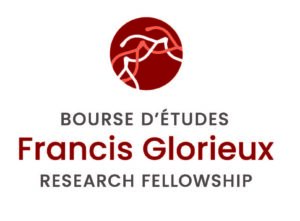 NEW! Francis Glorieux Research Fellowship Grant
NEW! Francis Glorieux Research Fellowship Grant
New this year, the Canadian OI Society (COIS) is proud to announce the Francis Glorieux Research Fellowship for Medical Research. Funded by the COIS, this Research Fellowship honors the lifetime work and achievements of Dr Francis Glorieux, a current member of the OI Foundation’s Medical Advisory Council. Dr. Glorieux served as Chair of the OIF’s Medical Advisory Council from 2009-2024. His groundbreaking research into the treatment and care of OI patients and his commitment to the global community is world renowned. This Fellowship provides an opportunity for medical researchers to continue Dr. Glorieux’s legacy by making important and far-reaching contributions to OI research and the OI community.
The grant awards $75,000 CAD per year to post-doctoral trainees who are currently working on projects with clear relevance to osteogenesis imperfecta (OI), or who have projects that will enable them to develop expertise in OI research. Applications are due October 21, 2024. Special consideration will be given to Canadian applications.
Applicant Requirements:
- Applicant must hold an MD, DDS, DO, or PhD, and be appointed at the level of a post-doctoral trainee, or equivalent, within an academic institution.
- Applicants should have completed their Ph.D. or clinical training within the past five (5) years.
Fellowship Guidelines:
- Francis Glorieux Research Fellowship awards provide up to $75,000 CAD per year. It is the intention of the Canadian OI Society (COIS) that grant monies be used to fund actual costs related to the research being performed including Fellow salary, fringe benefits, and supplies.
- Fellowship awards are for one year; a second year of funding may be approved based upon satisfactory performance during the first year of funding.
- Research must be done under the supervision of mentor with training and experience in osteogenesis imperfecta research or research in a related field.
- Special consideration will be given to Canadian applications.
How to Apply:
- Complete the application. Applications are available in French and English.
- The mentor of applicant must submit a copy of his/her biosketch and a letter of recommendation on behalf of the trainee, which also confirms that the mentor will supervise the trainee’s research.
- Applications require two additional letters of recommendation from scientists or clinicians who can comment upon the applicant’s training, ability, and potential to develop expertise in OI research.
- Submit application, reference letters, and mentor biosketch as PDF documents to bonelink@oif.org NO LATER THAN OCTOBER 21, 2024. *Deadline Extended to November 4, 2024
CLICK HERE TO APPLY
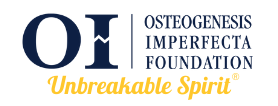




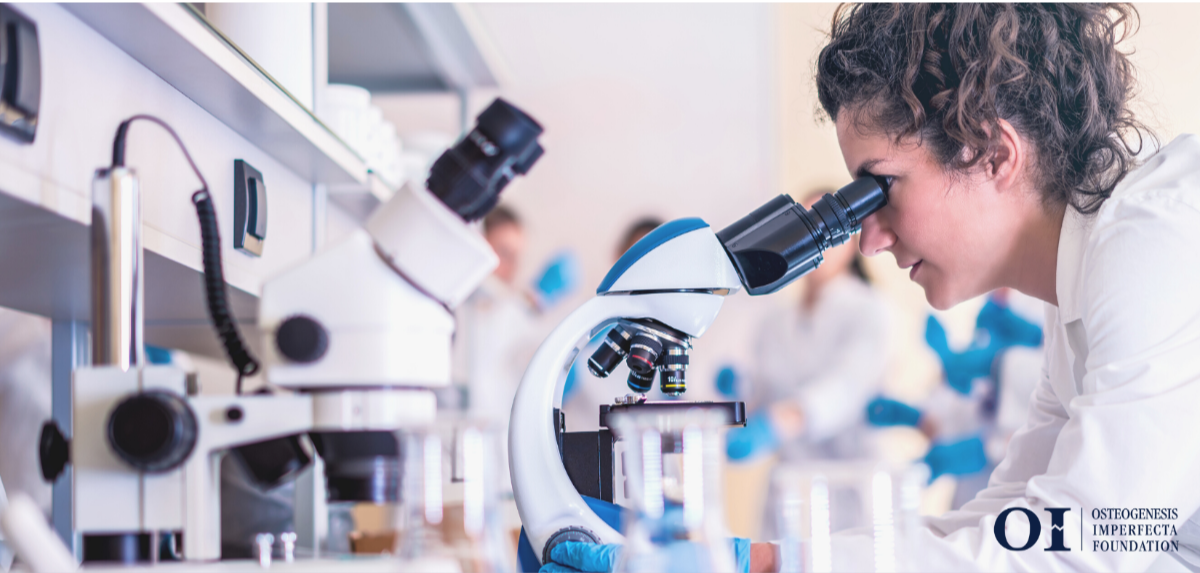
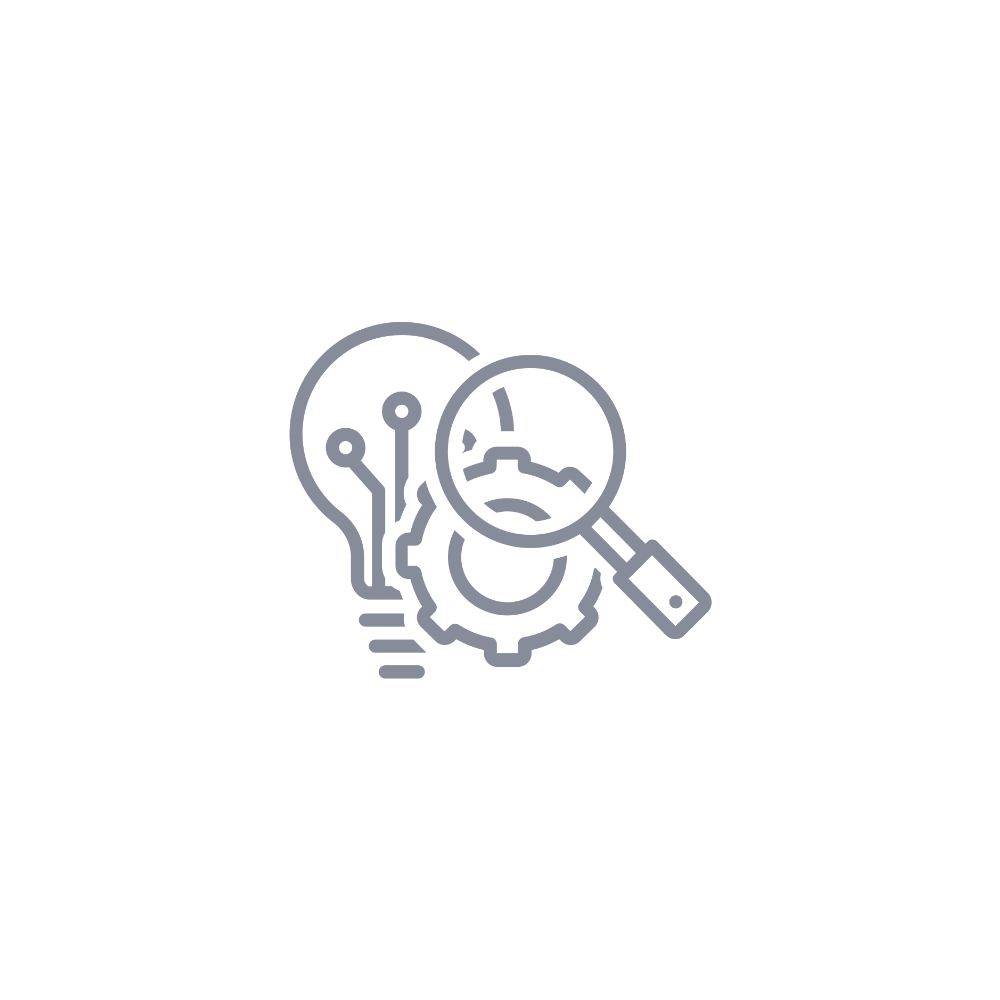
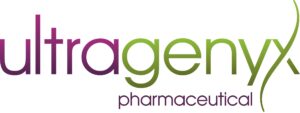
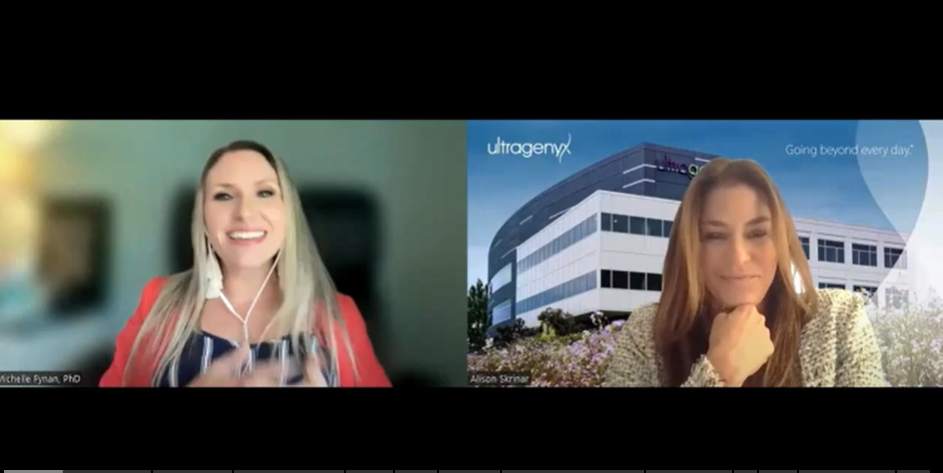

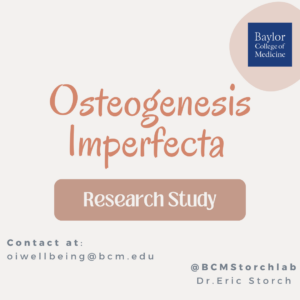 Baylor College of Medicine is conducting this OI Wellbeing Study as a part of the Brittle Bone Disorders Consortium which aims to improve the lives of people with Osteogenesis Imperfecta.
Baylor College of Medicine is conducting this OI Wellbeing Study as a part of the Brittle Bone Disorders Consortium which aims to improve the lives of people with Osteogenesis Imperfecta.